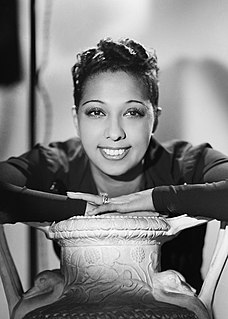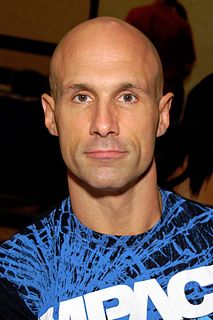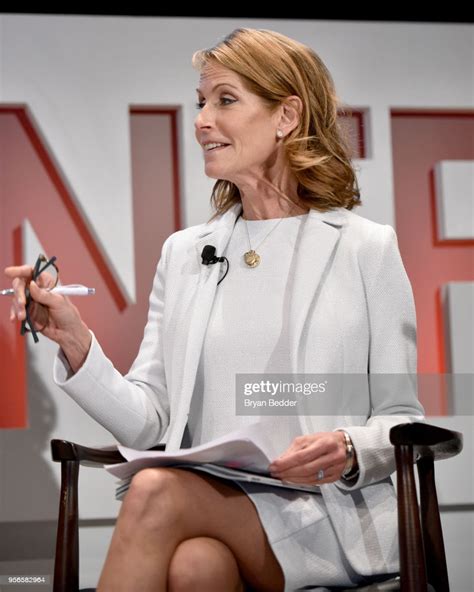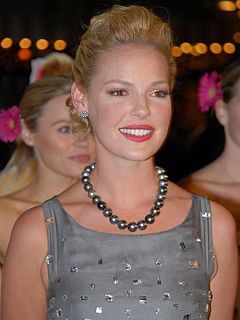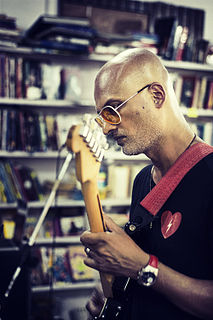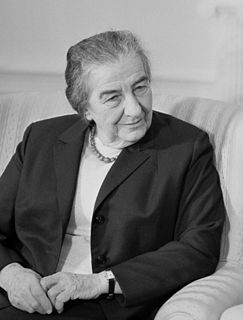A Quote by James Fenton
Saigon was an addicted city, and we were the drug: the corruption of children, the mutilation of young men, the prostitution of women, the humiliation of the old, the division of the family, the division of the country-it had all been done in our name. . . . The French city . . . had represented the opium stage of the addiction. With the Americans had begun the heroin phase.
Related Quotes
Standing at the edge of our city, a man could feel that we had made this place of streets and dwellings in the stillness of the desert, and that we had done a brave thing... Or a man could feel that we had made this city in the desert and that it was a fake thing and that our lives were empty lives, and that we were the contemporaries of the jack rabbits.
I was born in the Year 1632, in the City of York, of a good Family, tho' not of that Country, my Father being a Foreigner of Bremen, who settled first at Hull; He got a good Estate by Merchandise, and leaving off his Trade, lived afterward at York, from whence he had married my Mother, whose Relations were named Robinson, a very good Family in that Country, and from whom I was called Robinson Kreutznaer; but by the usual Corruption of Words in England, we are now called, nay we call ourselves, and write our Name Crusoe, and so my Companions always call'd me.
It seemed that the problem of Americans overdosing and dying from drug addiction was being described as bad people, particularly kids, who were abusing good drugs. But Sheila Nevins, the president of HBO Documentary Films, and I were particularly interested in finding out the stories of people and families who had been ravaged by this disease of addiction and understanding what really was happening. What we found was that, and let's not make any mistake about it, this is an epidemic of addiction.
My father had been in the military and he was a weapons specialist, so he had an affinity for weapons but also for the discipline of it. He taught us how to shoot when we were young. He opened up karate schools in the worst parts of the city, on purpose, and then he would systematically clean out a three-block radius, all of the gang-bangers and drug dealers and everybody of nefarious character.
We're no longer young men. We've lost any desire to conquer the world. We are refugees. We are fleeing from ourselves. From our lives. We were eighteen years old, and we had just begun to love the world and to love being in it; but we had to shoot at it. The first shell to land went straight for our hearts. We've been cut off from real action, from getting on, from progress. We don't believe in those things any more; we believe in the war.
Women had always been thought of as looking after the family when men go and earn an income and they're the bread earner and so on. So there is a kind of generation of inequality, [and], on top of the fact, women have pregnancies and periods, [and] when the children are very small, there are greater demands on their time. So one way or another women have had a pretty rough deal in the past, and there's no reason why that should continue, and any country that has tried to remedy that has succeeded in doing so.
It is a dreadful thing to see the dead city. Next to the port I found children, women, the old, waiting for a way to leave. I entered the houses, there were houses where the coffee and pita bread were left on the table, and I could not avoid [thinking] that this, indeed, had been the picture in many Jewish towns [i.e., in Europe, during World War II].

